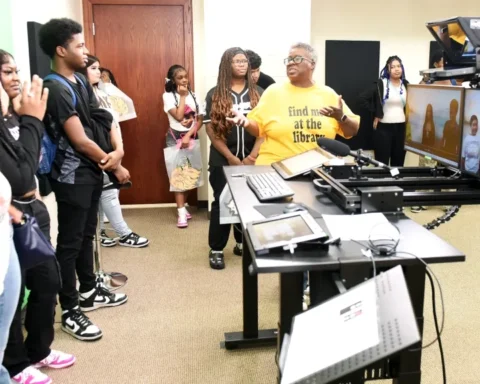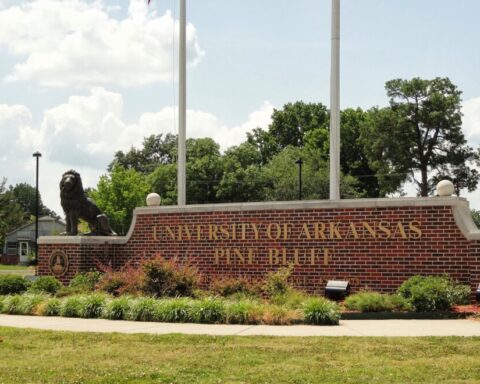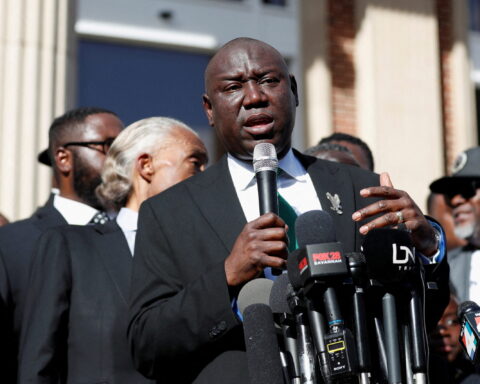By Mary Hester-Clifton
In response to a common need for leadership skills in our communities and organizations, the UAPB Student Government Association (SGA) launched a six-week Freshman Leadership Academy (FLA) for first-year college students. Under the leadership of Leon Jones, III ’22, the Spring 2022 student leadership program enabled 17 students to explore their leadership potential. The program content tailors one of the world’s most respected leadership models: The Five Practices of Exemplary Leadership. The experience focuses on transformational leadership and enhancing the students’ leadership capacity and capability on campus as they prepare for leadership positions in the future.
The initial academy concluded with the Spring 2022 session after the participants formally presented their solutions to campus issues commonly faced by first-year students. The Academy students included Chloe Brackens, Justin Braylock, Xavier Brown, Dasjah Daniels, Vivica Dupree, Janiya Fellows, Destiny Guillory, J’Keile Hadley, Aaliyah Handy, Kamiah Hendrix-Turner, Kandance Jimmerson, Hezekiah Kirkwood, Jada Sharp, Freddiemae Thompson, Stephen Tillman, Tyra Walker, Tanayia Wells. FLA facilitators included the 2021-2022 SGA President Leon Jones, III, Alexandria Slater, a UAPB senior in the Human Development and Family Studies program, and Frank D. Dorsey, II, associate dean of students for activities. Learn more about the UAPB Office of Student Involvement & Leadership.
The UAPB Freshman Leadership Academy builds on the research and framework developed by James Kouzes and Barry Posner entitled The Student Leadership Challenge: Five Practices for Becoming an Exemplary Leader. The leadership practices covered during the academy are:
Modeling the Way: The ability to establish principles regarding how to attain goals and how individuals interact; characterized by role modeling appropriate behaviors and setting expectations.
Inspiring a Shared Vision: The ability to envision, passionately communicate and enlist support for future possibilities for organizations and groups.
Challenging the Process: A willingness to examine and change the status quo characterized by informed risk-taking and a willingness to learn from mistakes.
Enabling Others to Act: The capacity to engage others in shared processes characterized by mutual investment, collaboration, and empowerment.
Encouraging the Heart: The capacity to recognize and celebrate individual and group accomplishments.





